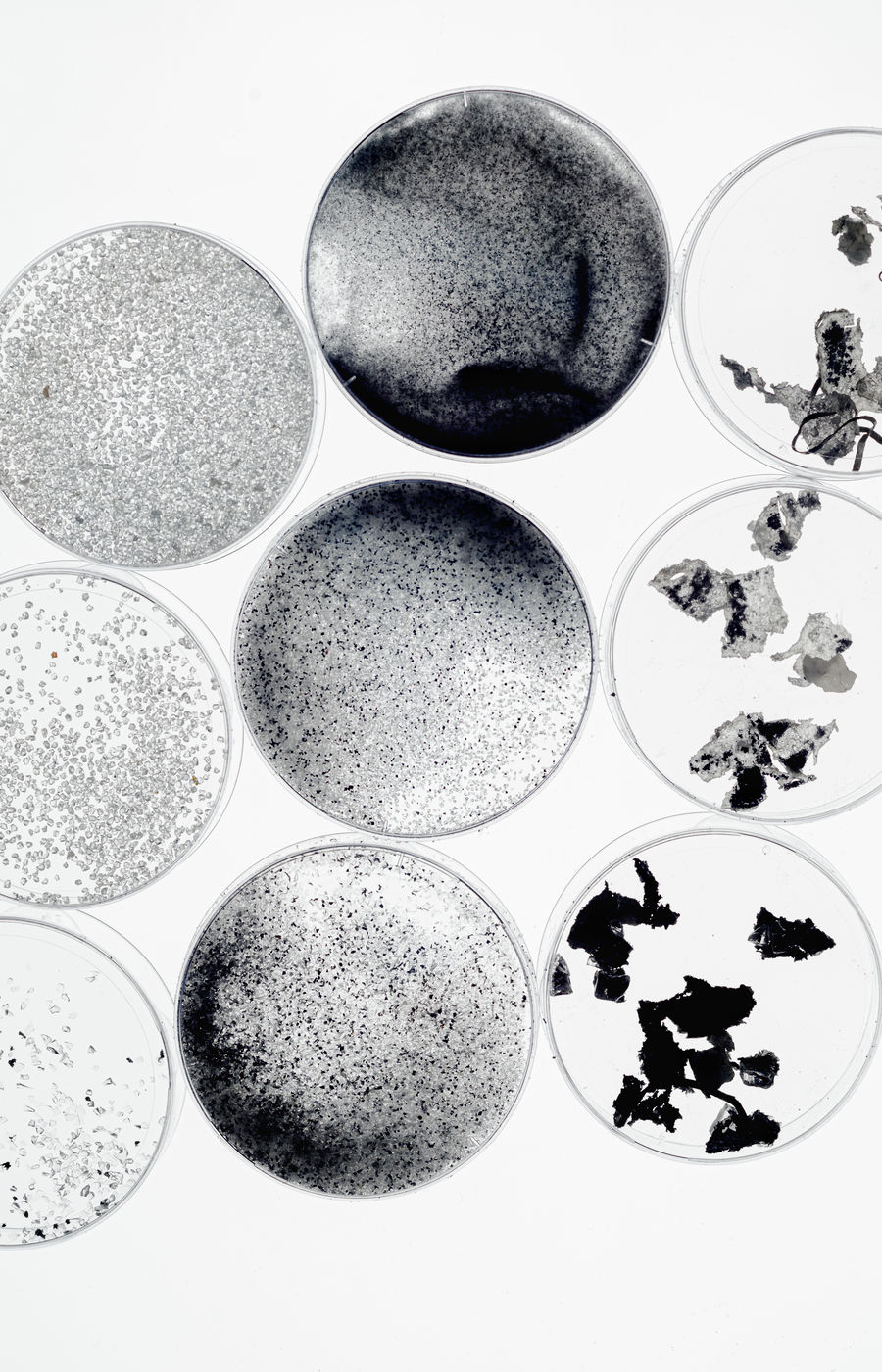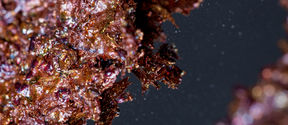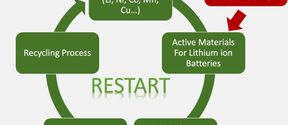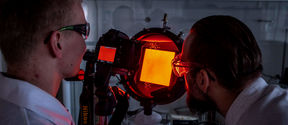Reducing our reliance on critical raw materials (CRM) is integral to any viable transition pathway. Circular economy refers in part, to the conservation of the CRM value chain through recycling waste materials in more efficient and sustainable ways. Lithium-ion batteries and photovoltaic (PV) solar panels are significant technologies of the energy transition, in terms of electrical energy storage and renewable energy production. To meet the rising demand for batteries and PV solar panels, their production has been significantly increased, raising issues of supply (since they require critical materials extracted from finite natural resources), and environmental impact (spent batteries and PV panels are considered hazardous waste).
Aalto University is a member of the RESTART consortium, a joint European Union and African Union project which intends to develop effective recovery processes to extract critical materials from spent lithium-ion batteries and end-of-life PV panels. The eventual goal will be to establish a start-up PV panel collection and recycling facility in Morocco to deal with end-of-life panels from local solar farms like the Noor Power Station that provides renewable electricity to North Africa and Europe.
Aalto’s researchers from the School of Chemical Engineering are investigating the environmental impacts of the global supply chain of batteries and PV panels from mining to recycling to conduct full value chain lifecycle assessments. Such analysis looks at the materials and processes in creating batteries and PV panels, from exploration and mining to manufacturing and increasing the life cycle of battery powered devices.
Currently, the best life cycles for these devices are approximately 10-15 years for batteries or 20-30 years for PV panels. Now that the first generation of PV solar panels are nearing this end-of-life cycle, solutions are needed for the recovery and recycling of their critical materials. Robust recycling systems have the potential to identify whether recovered metals can be reused in new solar panels, become a battery electrode, or be used to develop sustainable building materials. Through holistic analysis of the full value chain, RESTART aims to develop a sustainable supply chain for lithium-ion batteries and PV panels as part of the global circular economy.
Addressing this full value chain has broader implications for the energy transition. Climate targets, like the Paris Agreement, consider solar energy a key source of renewable energy. Production which leads to the depletion of natural resources, or negative environmental impact through hazardous waste are not viable options. Taking this holistic approach to batteries and PV panels can ensure renewable, sustainable energy for the future.






